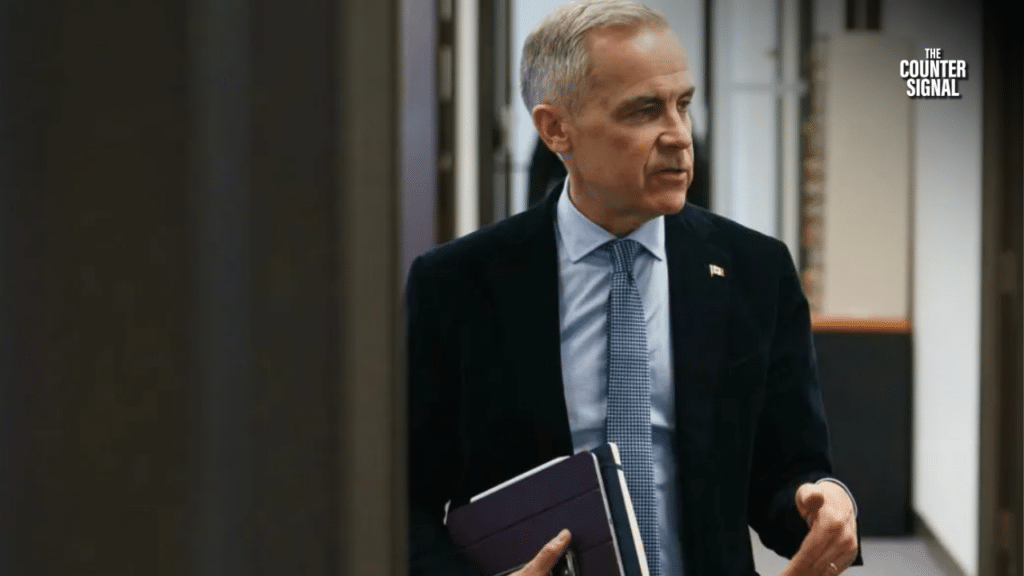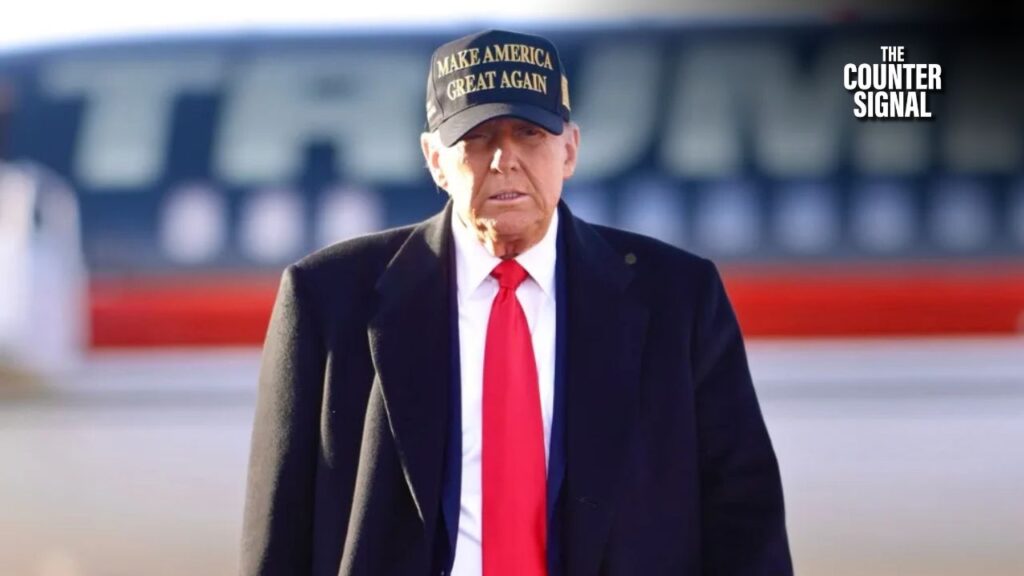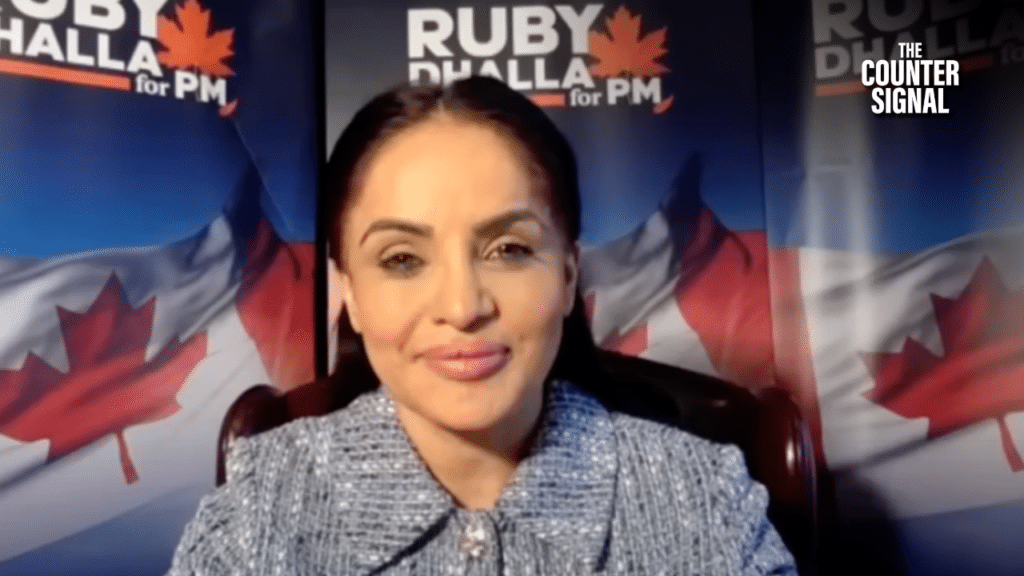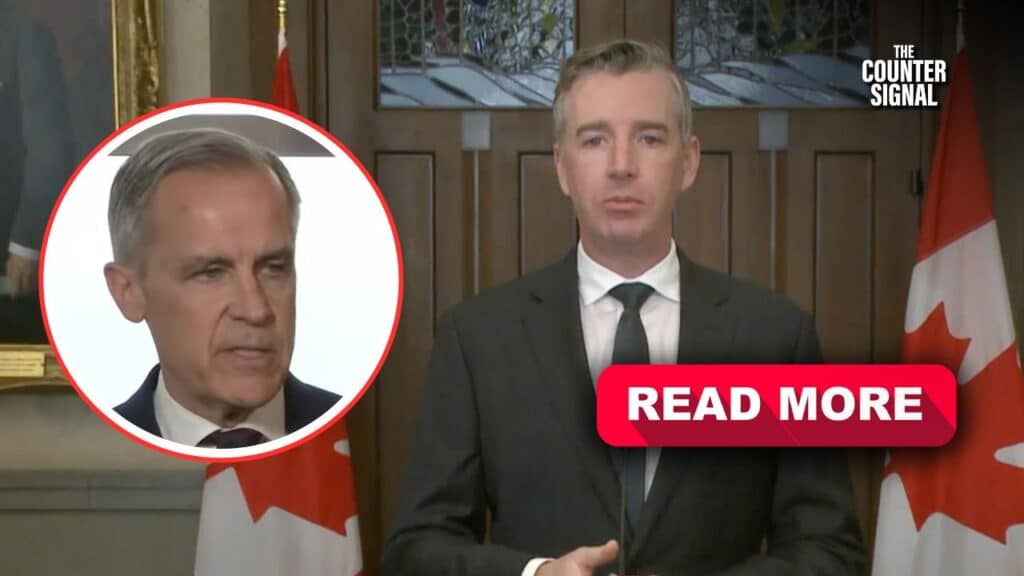Conservative leader Pierre Poilievre said Trudeau’s latest backtrack — this time on the carbon tax (for some Canadians) — shows he’s “in total panic mode.”
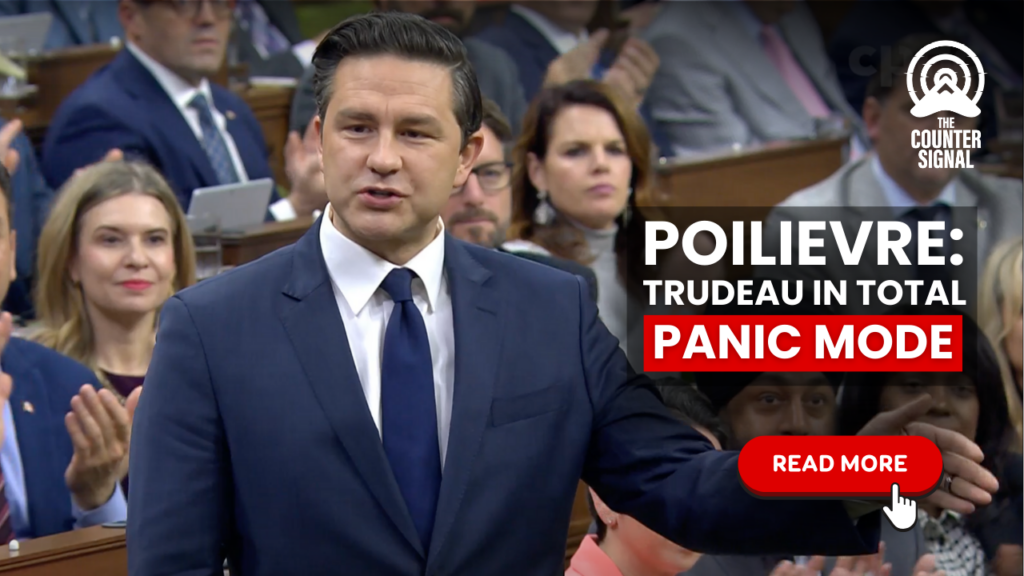
Poilievre’s comment comes after the Prime Minister announced a backtrack on the carbon tax, namely by excluding home heating oil from the tax for the next three years. He also promised to double the carbon tax rebate program for Canadians living in rural areas.
Trudeau made the announcement just one day before Poilievre’s “axe the tax” rally in Nova Scotia.
“Last year, Trudeau voted AGAINST our motion to take his tax off home heating oil. After plummeting in the polls and minutes before my axe the tax rally, he…panicked and promised to delay his home heating oil tax until after the election,” Poilievre posted on X.
For years the Liberals told us the carbon tax on heating oil did not make life unaffordable.
— Blaine Higgs (@premierbhiggs) October 27, 2023
But now they pause their tax on heating oil to make life more affordable?
The best step? Just cancel their unaffordable carbon tax altogether.
The Prime Minister said the decision to “pause” the carbon tax came after listening to Canadians who expressed their financial concerns.
The pause applies to all Canadians but will primarily affect Atlantic Canada, where a disproportionate number of residents heat their homes with oil.
All four Atlantic province Premiers have recently denounced the Trudeau Liberals’ climate agenda, saying that the timeline is too fast, taxes are too high, and inflation is out of control.
Even Liberal MP Ken McDonald broke ranks with his party and voted against Trudeau’s carbon tax earlier this month.
Facing a wipe out in the next election, Trudeau announces a pause on the carbon tax on home heating oil for 3 years.
— Brian Lilley (@brianlilley) October 26, 2023
One MP I don't see in this is Newfoundland MP Ken McDonald, the one Liberal who stood up to his own party based on the feedback of constituents. pic.twitter.com/8w5ScjmodT
Smith chimes in
Alberta Premier also scolded Trudeau for playing favourites between provinces, as his pause effectively gives relief to East Coast Canadians, but no one else.
“The federal government has decided that one part of Canada with one type of home heating is worthy of a carbon tax break, while those living elsewhere using another type of home heating do not,” she said.
“Further, after telling Canadians for years that rebates covered the costs of the carbon tax for every day consumers, the Feds now admit with this one-region-one-fuel-type-only tax break, this claim is not true.”
An October 22 update from 338Canada showed that, if an election were held today, the Trudeau Liberals would win between 59 — 114 seats. At best for the Liberal Party, those numbers would mean they would lose to a minority Conservative government.




